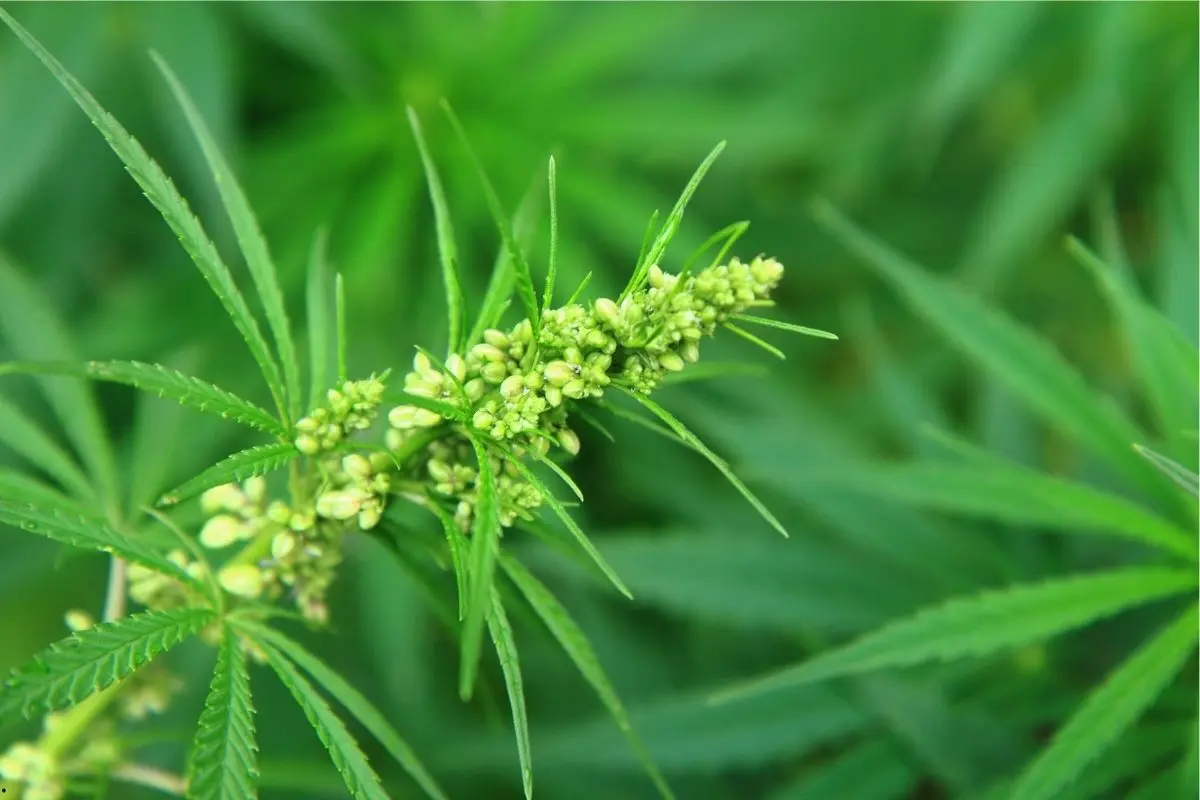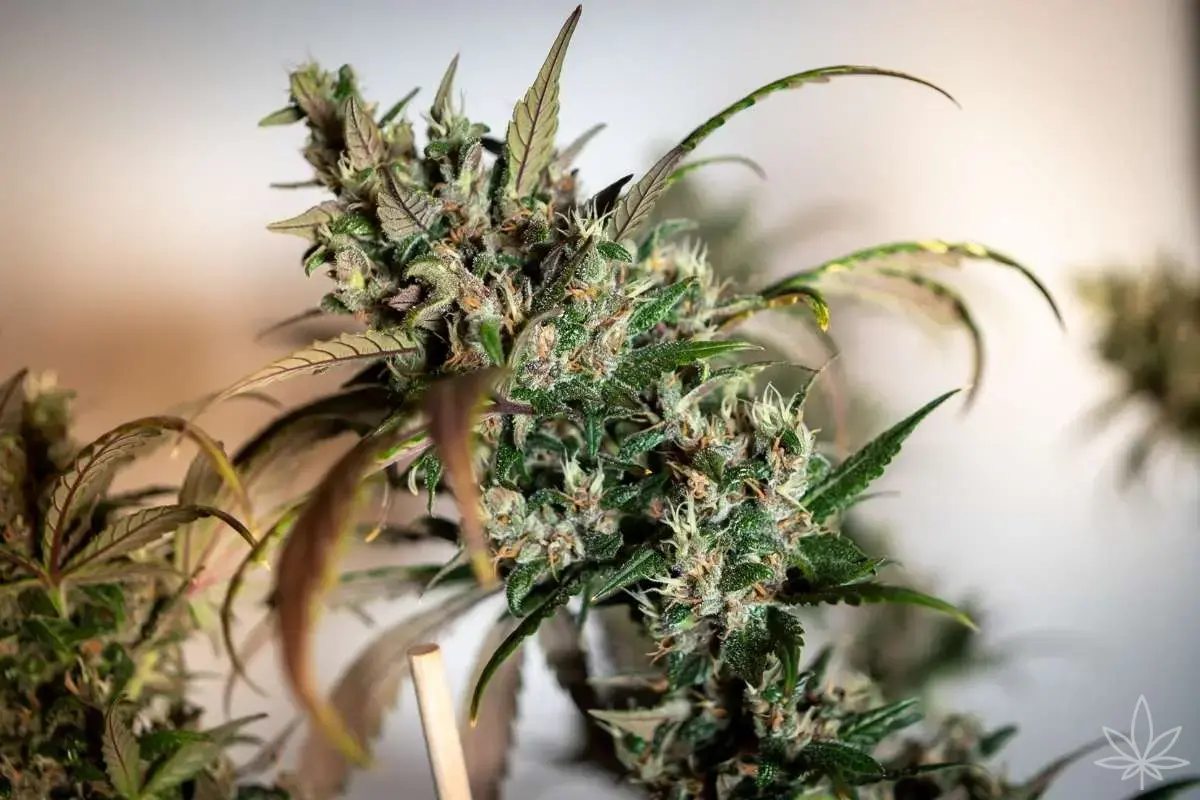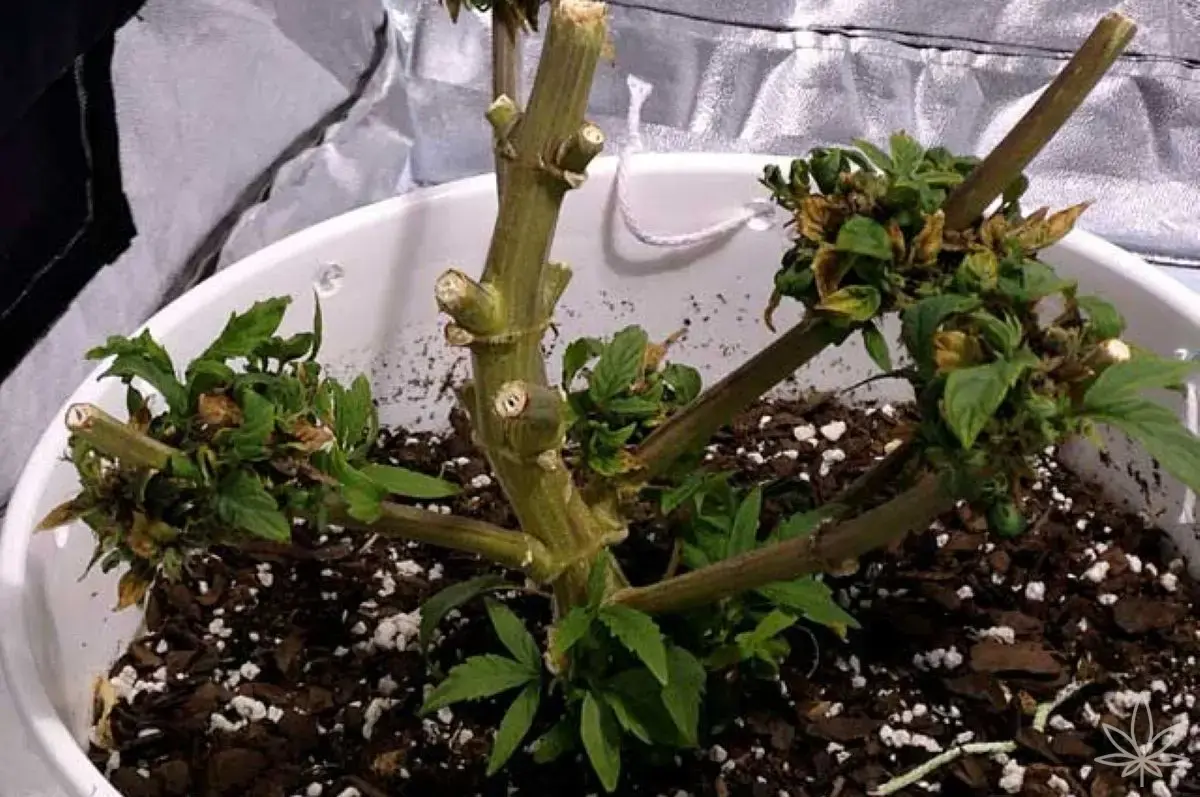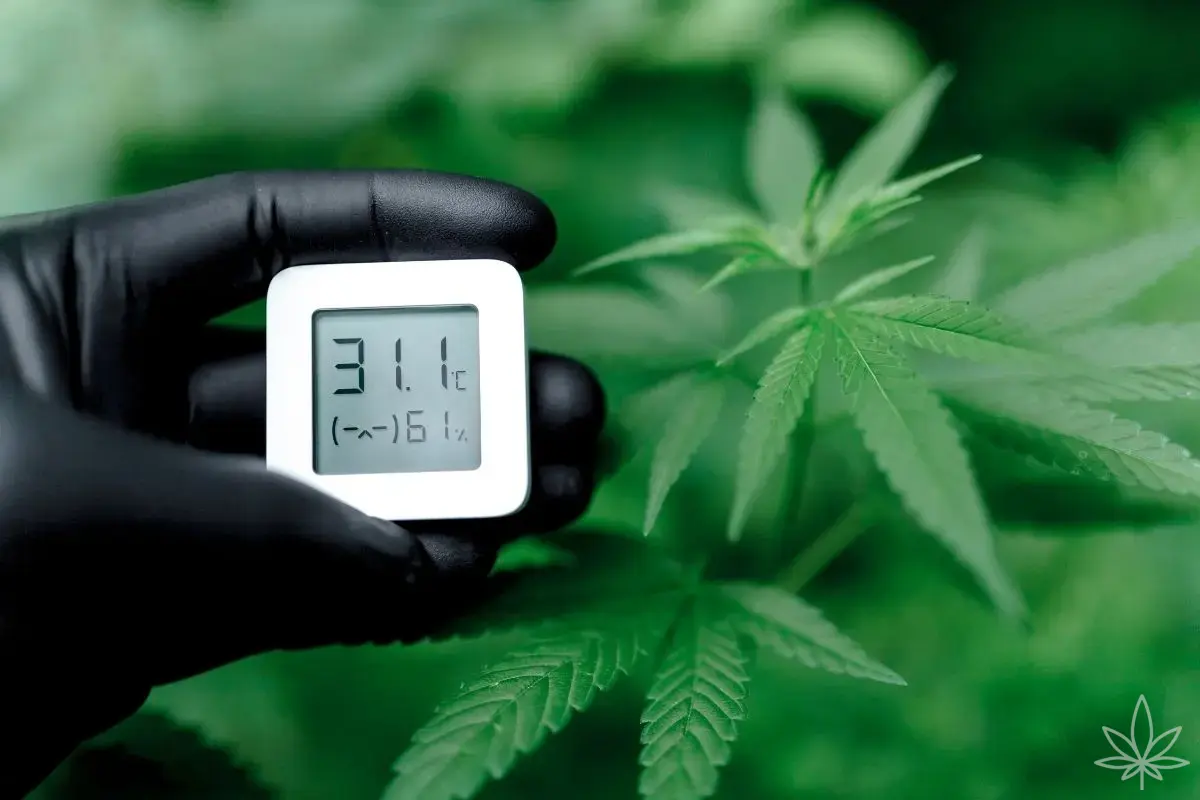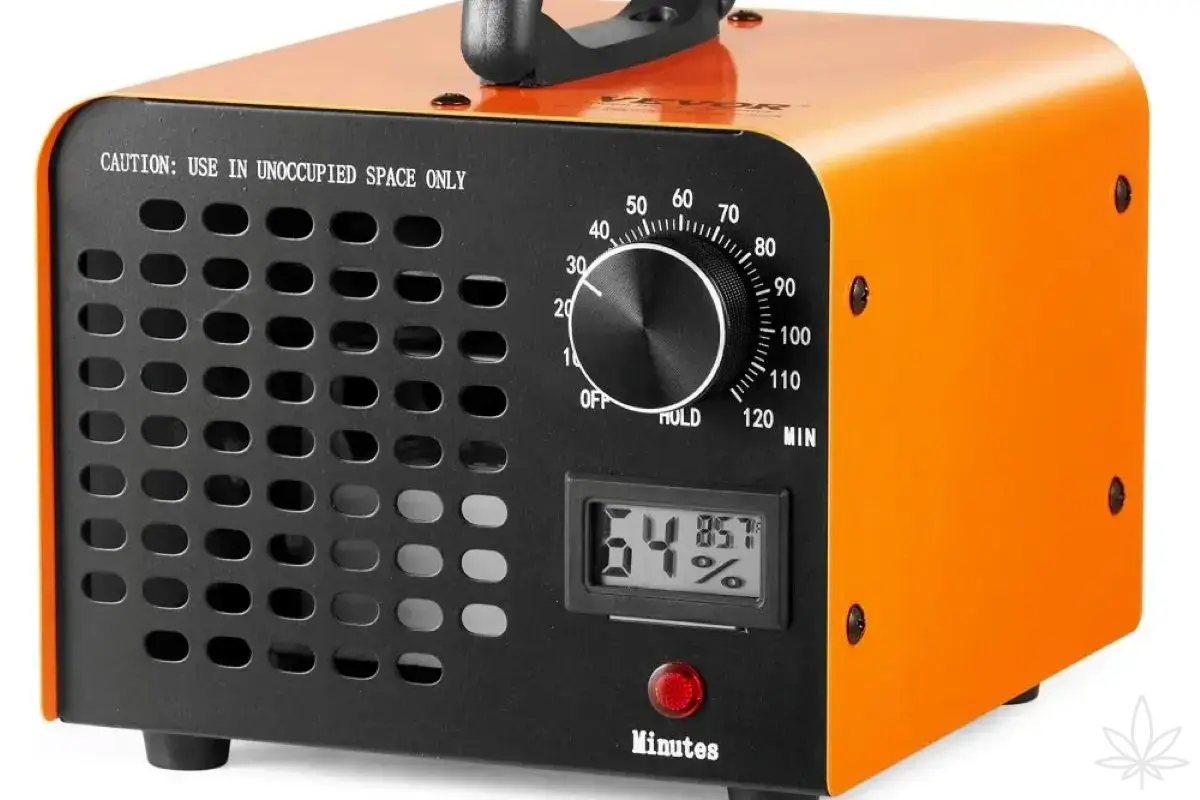Home cannabis cultivation—whether in soil or hydroponics—can expose plants to various stress factors that may impact growth rates, yields, disease resistance, or even plant sex. Understanding the mechanisms, types, and preventive strategies against stress is key to a successful and healthy grow.
Types of Stress
Abiotic Stress
Arises from unfavorable environmental conditions:
Heat stress: Too high or too low temperatures, affecting air, soil, or hydroponic solution.
Water stress: Overwatering or underwatering leads to wilting, root rot, or poor metabolism.
Humidity fluctuations: Sudden changes in humidity slow growth and increase vulnerability to pests and diseases.
Light stress: Too much, too little, or rapid changes in lighting can cause issues. Light burn from lamps is common.
Nutrient stress: Deficiencies or excesses cause yellowing, browning, spotting on leaves, stunted growth, or toxicity.
Biotic Stress
Related to living factors:
Pests (e.g., spider mites, whiteflies, aphids)
Pathogens (fungi, molds, bacteria, viruses)
Accidental physical damage from people, animals, or training techniques like LST/HST.
Training Stress
Low Stress Training (LST): Bending or tying down stems. Safer, but if not done correctly can still stress plants.
High Stress Training (HST): Topping, fimming, breaking stems, defoliation. Higher risk, can lead to longer recovery or even gender changes in the plant.
Symptoms and Effects
Soil and hydroponic systems show similar symptoms, though hydroponic plants often react faster since the environment is completely controlled by the grower.
Curling, yellowing, or browning leaves
Leaf drop, wilting of tops
Spots, discoloration, dry leaf tips
Growth slowdown or stunting
Weakened root system (rot, white deposits, loose structure)
Increased risk of developing hermaphrodites
How to Avoid Stress: Practical Tips
Optimal Environmental Conditions
Temperature: 20–25°C during the day, at least 16°C at night (soil/hydro).
Humidity: 60–70% for young plants, 40–50% for mature ones.
Watering: For soil—water when the top layer is dry. For hydroponics—regularly check solution levels; avoid running out of water.
Lighting: LED lamps generate less heat than HPS, making it easier to regulate light and distance. Use timed light cycles to avoid excess heat during peak hours.
Preventing Heat Stress
Use oscillating fans in your grow room.
Install air conditioning or mechanical air extractors.
Outdoor grows—water in the morning or evening, and move pots to shade during heatwaves.
In hydro—cool the solution, keep the system clean.
Avoiding Nutrient Stress
Don’t overfeed; less is often better than more.
Use seaweed or kelp supplements during stress—they aid recovery.
Regularly flush roots with plain water, especially in hydroponics.
Minimizing Training Stress
Use LST with care: don’t break stems, tie them gradually.
Perform HST only under optimal conditions; let plants recover before repeating, and never train stressed or weakened plants.
Always disinfect cutting tools.
Preventing Biotic Stress
Use clean tools and gloves.
Regularly check plants for pests and diseases.
Control infestations with approved ecological or biological solutions.
Conclusion
Growing cannabis at home requires precise control of the environment, vigilance for symptom spotting, and skillful stress management. Whether soil-based or hydroponic, the most important thing is to quickly identify stress sources, respond appropriately, and apply consistent preventive measures. Invest in reliable tools for monitoring temperature, humidity, and lighting schedules, and tailor your methods to your plants’ needs for minimal stress and maximum health.
Grow mindfully, avoid unnecessary experiments, and remember: the less stress, the better the results for both plants and grower.

